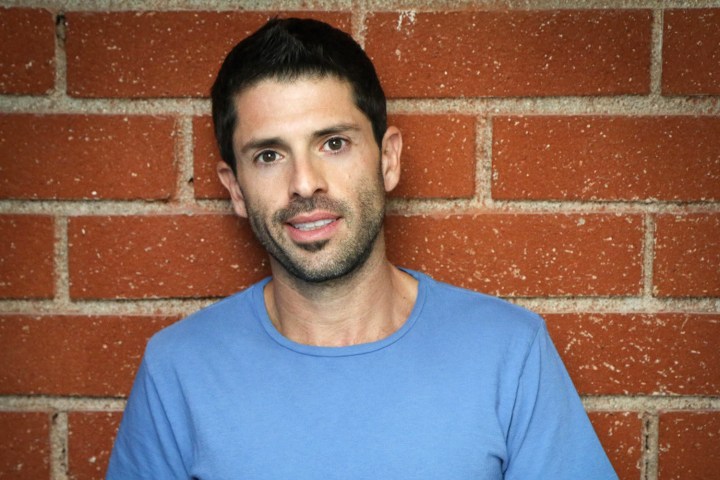
The transaction will give Kunlun Tech, owned by tech billionaire Zhou Yahui, a 60-percent majority stake in the app, now valued at $155 million.
The move comes as a surprise for many within the tech industry, as up until now Grindr had self-funded its growth. The app’s founder, Joel Simkhai, started it for a few thousand dollars of his own money in 2009 and has since seen it grow to become the largest dating network for gay men. Grindr currently boasts 2 million daily users.
Simkhai was quick to assure the app’s user base that despite the deal, which gives Kunlun Tech a controlling stake in the company, it would be “business as usual” for the app. In a blog post on the Grindr website, Simkhai says, “[We now have] additional resources to deliver a great product to you. We…know you will be delighted by the new features and services we have planned this year.”
Simkhai’s comments indicate that 2016 is being viewed as a period of potential growth for the app, off the back of the investment. For its part, Kunlun Tech will seek to promote its products – which currently consist of mobile games – on the service, opening it up to new markets and users. Grindr currently counts the U.S., U.K., France, and Mexico as its biggest regions. Although a Chinese language version of the app is available in China, it has failed to take off in a country with a conservative populace that still considers being openly gay as taboo. Additionally, China does not recognize same-sex marriages or civil unions.
“We have been very impressed by Grindr’s progress to date and are extremely excited about the future of the company,” Zhou, who serves as chairman of Kunlun Tech, said in a statement to the New York Times.
Neither Grindr nor its new investor have commented on whether the deal will see the app making inroads into China. The move is part of a bigger strategy that has seen the relatively independent app branch out in an effort to monetize. Recently, Grindr livestreamed the J.W. Anderson catwalk show from London Fashion week.
Editors' Recommendations
- Experts told us their best tips for online dating apps in 2024
- Tinder app now lets you run a background check on your date
- The best LGBTQ dating apps for Android and iOS
- Black Lives Matter and MAGA hats: Activism and politics are flooding dating apps
- The best international dating apps for iOS and Android

